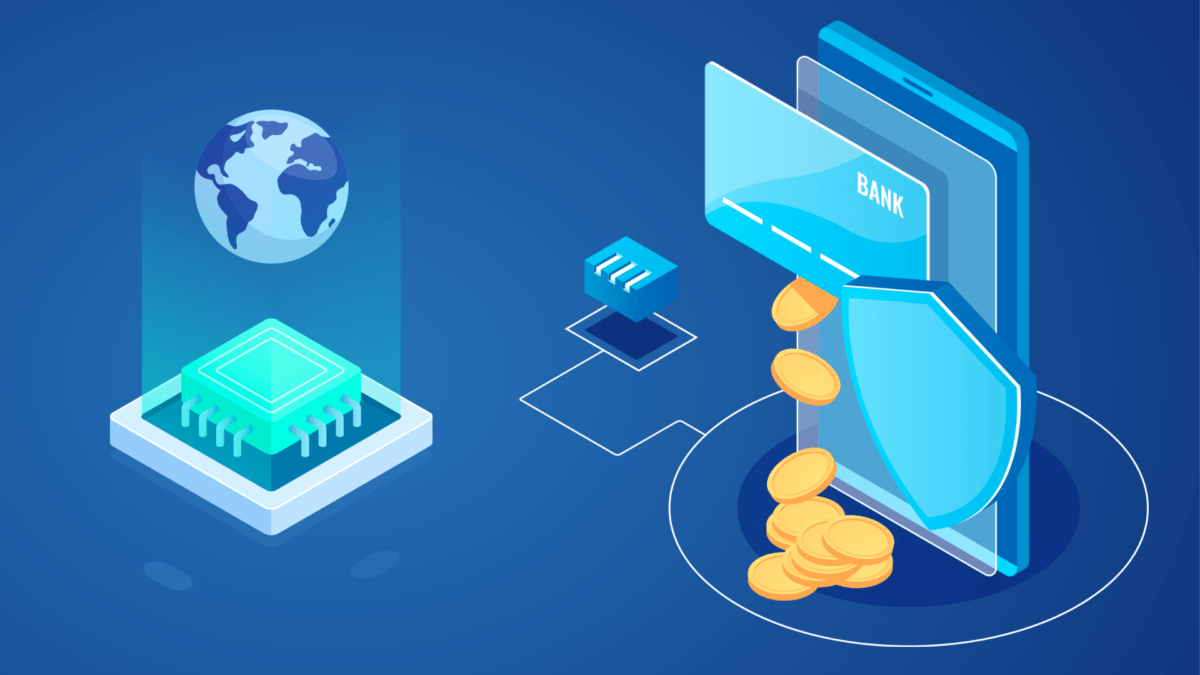Banks, as we all know, used to deposit and lend money. Similarly fintech companies, also known as financial technology companies, are businesses that use technology to improve and automate financial services. These companies have disrupted traditional financial institutions by offering more efficient and convenient solutions to customers.

In this article, we will discuss the five main types of fintech companies and how these companies and banks can help consumers cope with high inflation rates.
5 types of fintech.
Fintech, or financial technology, refers to the use of technology to improve and automate financial services. Fintech is a broad term that encompasses a wide range of technologies and services and can be divided into several categories.
Payment and transactions.
This category includes technologies that are used to facilitate financial transactions, such as digital payments, mobile banking, and online banking.
Payment and transactions fintech companies include PayPal, Square, and Venmo.
These firms have made it easier for individuals and businesses to make payments and transfer money, both online and in person.
Lending and investment.
This includes technologies that are used to facilitate lending and investment, such as peer-to-peer lending and crowdfunding. Lending and investment fintech firms include Lending Club and Kickstarter. These companies have made it easier for individuals and businesses to access funding and have also created new investment opportunities for individuals.
Financial management and planning.
This category includes technologies used to help individuals and businesses manage their finances, such as budgeting and savings apps and financial planning software.
Financial management and planning fintech companies include Mint and Personal Capital. These companies have made it easier for individuals to track their spending, create a budget, and provide them with tools to plan for their financial future.
Blockchain and cryptocurrency.
This one includes technologies based on blockchain, a decentralized digital ledger, and cryptocurrency, a digital or virtual currency that uses cryptography for security. Blockchain and cryptocurrency fintech companies include Bitcoin and Ethereum.
These companies have created new opportunities for financial transactions and investments and introduced new digital currency forms.
Open banking.
It includes technologies that allow customers to share their financial data with other companies, creating new opportunities for financial services and products. Open banking fintech firms include Plaid, Yodlee, and TrueLayer.
Let’s learn how banks and Fintech can help consumers cope with inflation.
What are the fundamental causes of inflation?
Inflation refers to any sustained rise in prices of goods and services over time in an economy; or, more simply put, to the rate at which those prices increase over time.
As inflation occurs, its purchasing power decreases as more units of currency are required to purchase the same quantity of goods and services. Inflation is typically measured as the percent increase in the Consumer Price Index (CPI), a basket of goods and services representing typical spending habits for an individual consumer.

Inflation can be caused by any number of factors, including an increase in money supply, rising production costs, or an outstripping supply for goods and services that exceed demand. High levels of inflation have detrimental impacts on an economy’s health by diminishing savings and fixed income values; increasing borrowing costs; diminishing consumer confidence; and cutting consumer spending.
How banks and fintech can help consumers cope with inflation?
Inflation has the power to have a detrimental impact on consumer purchasing power and financial well-being. Still, banks and Fintech can provide assistance by helping individuals cope with inflation in various ways:
- Banks and fintech may provide financial education programs designed to educate consumers about inflation’s impact on their finances and how to best navigate an inflationary environment. For example, such programs might include budgeting tips or information about investment strategies that could help consumers keep pace with rising inflation.
- Offer inflation-linked financial products: Banks and fintech may offer financial products linked to inflation, such as savings accounts, certificates of deposit, and bonds, to help consumers protect the value of their savings and investments against its effects.
- Banks and fintech may provide tools that assist consumers in tracking expenses and identifying areas in which costs could be cut back, setting savings goals, and tracking progress toward those goals.
- Offer loans with inflation-adjusted interest rates: Banks and fintech can offer loans with inflation-adjusted interest rates to make managing debt easier for consumers. Doing this means they won’t pay higher interest rates when inflation spikes, helping to manage their debt more effectively.
- Banks and fintech should invest in technology and innovation to enhance their services while lowering costs, which allows them to provide more cost-effective financial products and services that may help consumers combat inflation.
Takeaway.
Fintech companies have changed the financial services landscape by offering more efficient and convenient solutions for customers.
Fintech companies fall into five main categories, which are payments and transactions, lending and investment, financial management and planning, blockchain and cryptocurrency technology development, and open banking.
Banks and fintech can assist consumers in managing inflation through financial education programs, inflation-linked products, tracking tools to monitor expenses and identify areas for cost reduction, offering loans with adjustable inflation-linked interest rates, investing in technology innovation to create cost-cutting loans as well as investing in technology to provide cost-cutting loans with more cost-effective interest rates and investing in technology innovation to provide cost-effective financial products and services.
By taking such actions, banks and Fintech can assist individuals in effectively navigating an inflationary environment and maintaining their financial well-being.
Leave a Reply